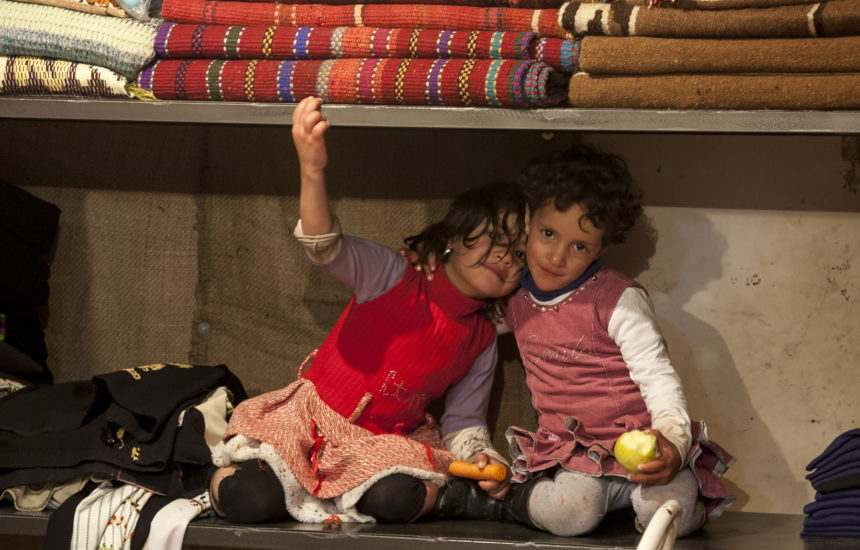Ensuring Access to Quality Preschools in Palestine


Palestine (West Bank and Gaza) is an occupied territory facing a multitude of problems associated with the ongoing Palestinian/Israeli conflict, including poverty, malnutrition, ill health, and trauma. This impacts adversely on children’s education and well-being, especially in Gaza where intermittent conflict continues.
It was not until 1994 (following the Oslo Peace Accords) that Palestinians assumed responsibility for their education, health, and welfare. In the education sector, the focus has been on school building and curriculum development to ensure that children access quality primary and secondary education.
One of the main challenges facing the Palestinian Ministry of Education is ensuring access to quality preschool education—two years of kindergarten education. Today, nearly 140,000 children attend 1,700 kindergartens—representing over 40% of the children in this age group. The quality of these kindergartens is inadequate, as most teachers are untrained and unqualified. Agencies such as American Near East Refugee Aid (ANERA), Save the Children, and UNICEF have been assisting the sector to improve access and quality through the provision of equipment, renovation, teacher training, mentorship, and work with children and their parents. For its part, ANERA has developed over 160 kindergartens and trained 600 teachers over the past six years. It has reached nearly 30,000 children and 15,000 mothers, making ANERA’s program the largest in the country. Policymakers are now more aware of the importance of preschool education, and we can note some excellent developments in the sector, including:
Recent Developments
· Launch of a national early childhood development strategy with three national ministries in January 2017 supported by UNICEF
· Launch of a Kindergarten Curriculum Framework by the Ministry of Education and supported by ANERA, which will inform the development of the first national kindergarten curriculum
· Commencement of work on the national kindergarten curriculum with support from ANERA and Save the Children (also technical support by AECI member, Professor Ilham Nasser)
· Expansion of one kindergarten class per ministry school in marginalized communities—94 kindergarten classes have been completed.
Regional Initiatives
· In 2016, the Arab Network for Early Childhood Care and Development (ANECD) was launched in Jordan. Comprising childhood professionals and organizations from across the Arab region, the network will act as hub for information sharing, capacity building, and joint regional initiatives. This is a very important development, as gross kindergarten enrollment rates stand at 25% in the Arab region (EFA GMR, 2015, UNESCO).
For more information:
American Near East Refugee Aid (ANERA) helps Palestinian families, poor communities and refugees in Gaza, the West Bank, and Lebanon. Go here for more information.
Arab Network for Early Childhood Care and Development (ANECD). For more information about the Founding form go here.